- The Folding Chair
- Posts
- A New Voice for Black Women in Politics
A New Voice for Black Women in Politics
Pull Up a Chair, It’s Time to Build the Future

Amazing things are birthed from heartbreak, failed expectations, and tragedy. As Black women, we often have to power through trials and make lemonade from our life’s lemons. This magic - our resilience, strength and ability to create greatness from small portions - is what makes us unique, and often feared. We must channel this energy into safe spaces.
The Folding Chair is a newsletter dedicated to that safe space that amplifies the voices, stories, and perspectives of Black women in politics. This space is about more than headlines; it is about creating a platform that speaks directly to the experiences, triumphs, and challenges of Black women who are shaping policy, advocating for justice, and making history in the halls of power.
This is a reminder that in our challenges we need to create our own space - we are not asking permission -where it is often denied and foster conversations that go beyond the surface. Within this community, we will empower Black women with the encouragement, information, and collaboration to fuel their sense of self, so they can confidently take their seat at any table. Your perspective is essential to the political narrative.
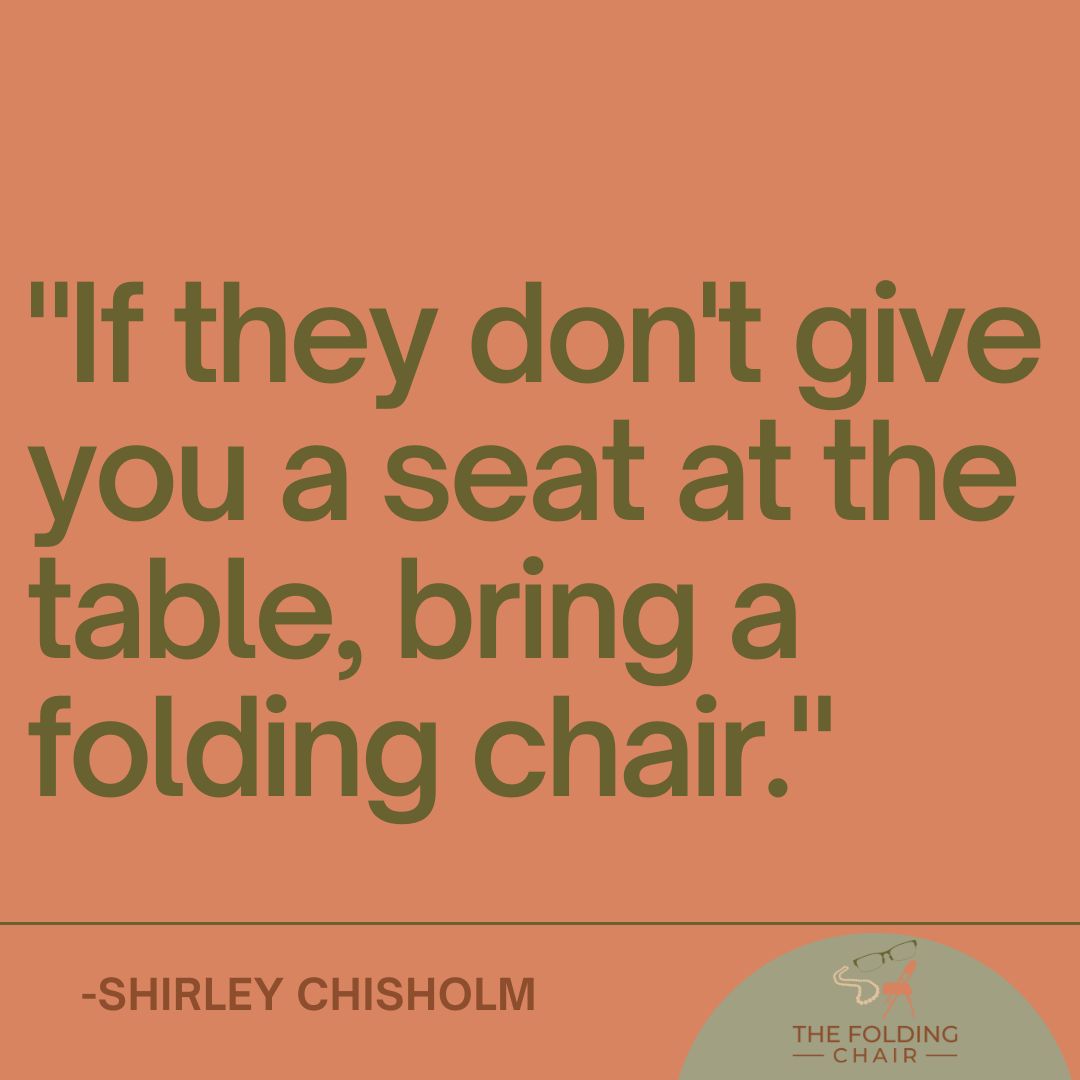
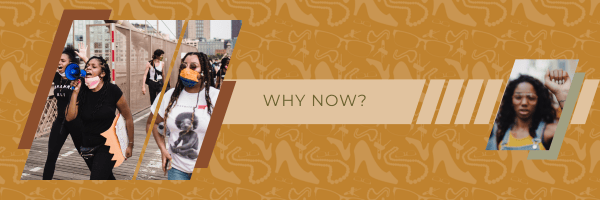
Black women have always been at the forefront of social and political change -leading movements, inspiring communities, and mobilizing voters. Too often, our voices and contributions are minimized, overlooked, or disregarded.
Recent events have reminded us of the need to elevate the voices of Black women and the unique challenges we face in the political world. From media bias to systemic barriers Black women continue to push forward, to lead with vision, and to build coalitions that drive meaningful change.
The time is now to create a community that celebrates our strength, acknowledge our struggles, and provide support for navigating these spaces. The Folding Chair will center and elevate Black women in politics, celebrating our achievements, addressing our unique challenges, and exploring how we are shaping the future of this country.
Here is a glimpse of what you can expect from The Folding Chair:
In each edition, you can expect thoughtful stories, insightful commentary, and resources designed to empower and inform Black women on issues that we care about and impact us. From policy discussions and interviews with leaders to analyses of current events and features on emerging voices, The Folding Chair will be a place where Black women’s perspectives are not just included, they are prioritized.
Profiles of Black Women Leaders: We will introduce you to the Black women making waves in government, advocacy, and grassroots organizing. Our profiles will highlight their journeys, achievements, and visions for a more just and equitable world, and why their ideas and policies need our support.
In-Depth Policy Analysis: Understanding policy is essential to making informed decisions and advocating for meaningful change. The Folding Chair will break down complex issues in an accessible way, focusing on how they impact Black women and our communities.
Reflections and Opinion Pieces: Our op-eds and personal reflections will offer a space for Black women to share their thoughts on current events, cultural shifts, and personal experiences in the political arena. We will feature perspectives that challenge conventional narratives and encourage new ways of thinking.
Spotlights on Rising Stars: Black women in politics are at every level of leadership, but their effort and impact are often overlooked. We will feature young Black women who are stepping into politics, advocating for change, and bringing fresh energy to the fight for justice.
Community Resources and Calls to Action: From voting resources to information on how to run for office, The Folding Chair will provide tools and guidance for those looking to get involved. We will spotlight organizations, events, and initiatives that support Black women in politics, making it easier for you to find ways to engage.
Thank you for being part of this journey. As we launch The Folding Chair, we are excited to bring you stories that inspire, challenge, and inform. This is just the beginning, and we are thrilled to have you with us as we celebrate the power, impact, and resilience of Black women, in politics.
Here’s to building a new space, creating our own table, and unfolding our chairs as we need to. Welcome to The Folding Chair. Let’s get to work.
The Inaugural Edition:
The Role of Media and Representation: How Black Women Can Influence Narratives in the New Era
“We’re Not Your Accessories, Sis”: Black Women Are Over White Women’s Performative Allyship
The Path Forward: Black Women’s Role in a New Political Landscape
Lessons from Shirley Chisholm to Kamala Harris: The Evolution of Black Women’s Political Power
Reimagining a Kamala Harris Presidency: A Black Woman’s Perspective on Transformative Policies
The Role of Media and Representation: How Black Women Can Influence Narratives in the New Era

As we reflect on the recent election, one undeniable truth comes to light: the media’s role in shaping public perception is powerful, and its impact on Black women in politics—especially those at the highest levels—is profound. The coverage of Vice President Kamala Harris’ historic campaign highlighted, once again, the unconscious bias that often influences media narratives. For Black women in the public eye, media representation isn’t just about visibility; it’s about fair and accurate storytelling.
As we examine how the media covered this election, we must recognize how unconscious bias played out in the narratives surrounding Harris’ candidacy. Here, we explore specific examples from the campaign and discuss Black women's opportunity to reshape and reclaim these narratives.
“We’re Not Your Accessories, Sis”: Black Women Are Over White Women’s Performative Allyship
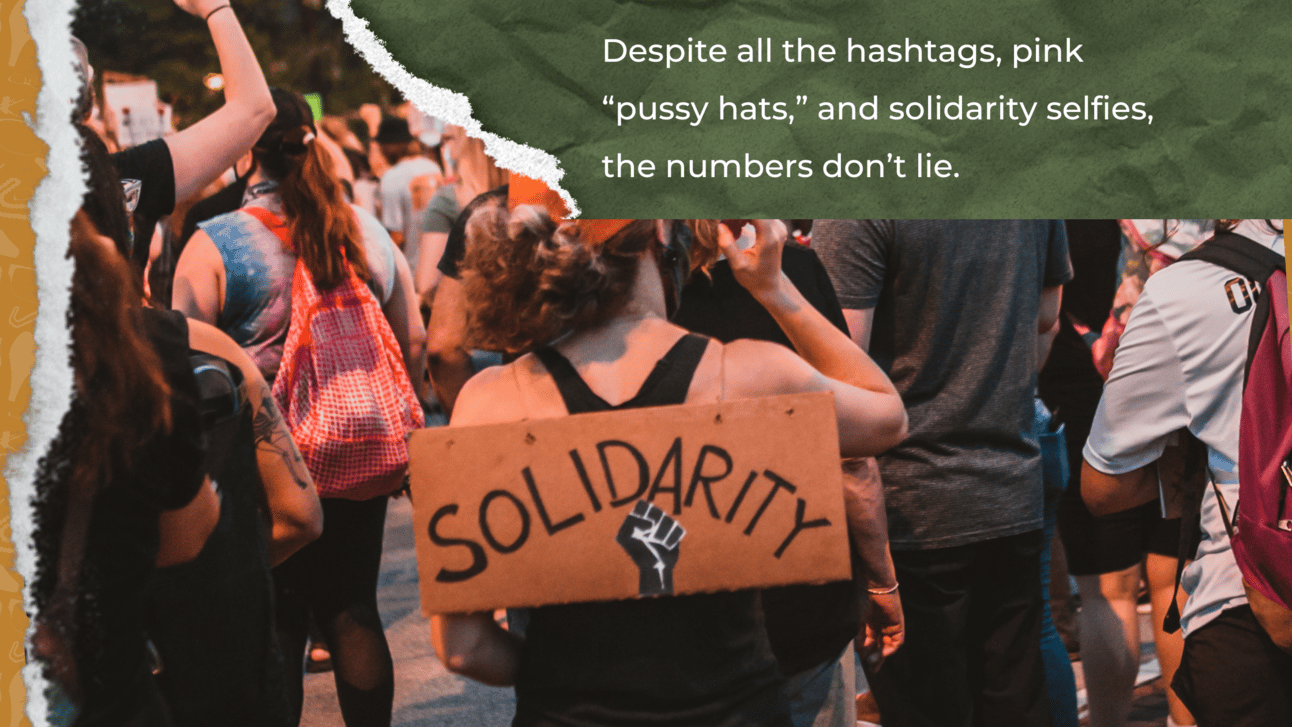
Listen, we need to talk. Not in a “we’re gonna dance around the issue” kind of way, but in a “let’s lay it all out on the table and spill the tea” kind of way. Election after election, white women have shown us a pattern, and it’s not cute. While Black women consistently show up at the polls —reliable, game-changing, and always on point—too many white women keep showing up like that friend who swears they’re in your corner but “accidentally” forgot to vote against your oppressor. Yeah, we see you.
Despite all the hashtags, pink “pussy hats,” and solidarity selfies, the numbers don’t lie. When it’s time to vote for real progress—the kind that protects Black lives and advances justice—white women often choose to uphold the systems of privilege and oppression that Black women have been fighting to dismantle. And you know what? We’re tired. Read More
The Path Forward: Black Women’s Role in a New Political Landscape
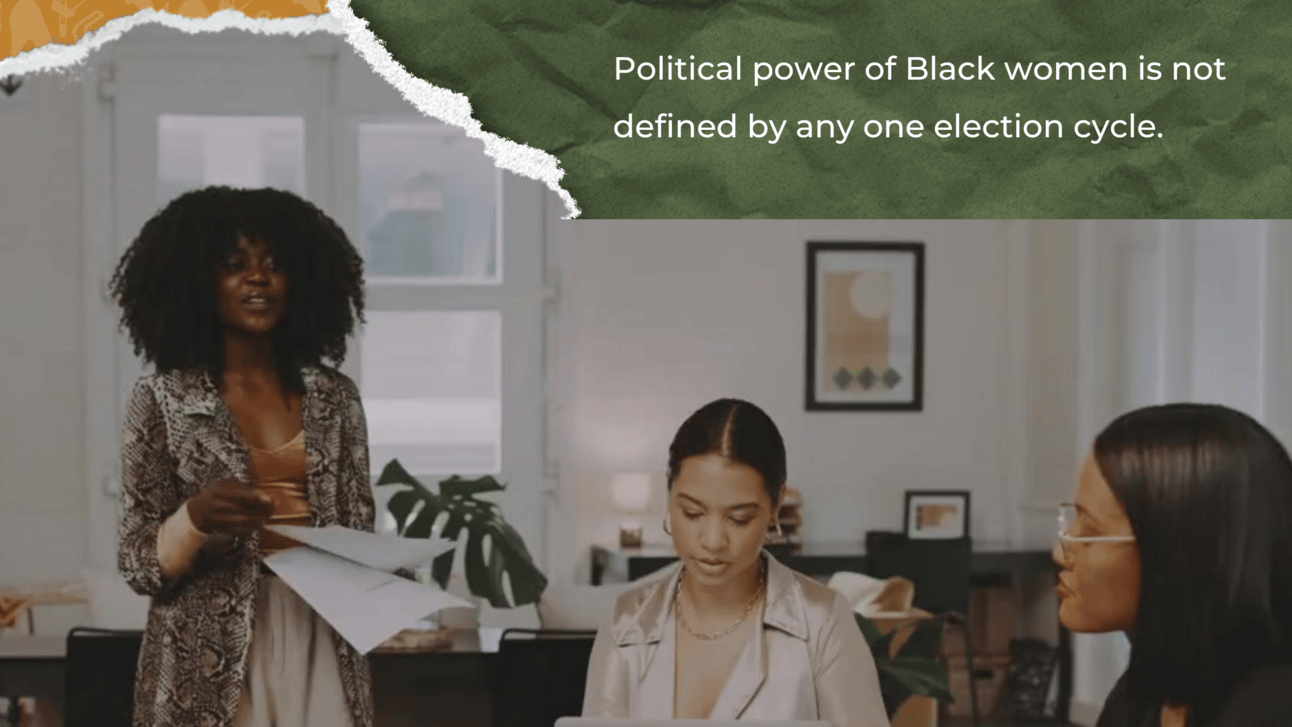
In the wake of an election that saw Vice President Kamala Harris’s bid for the White House end in a loss, many Black women across the country are left wondering: What’s next? For a community that has consistently been the backbone of progressive change, the results can feel like a setback. Yet, as history has shown, Black women are often at their most powerful in times of challenge.
As we collectively process this moment, it’s essential to remember that the political power of Black women is not defined by any one election cycle. Instead, it’s a force rooted in resilience, adaptability, and an unwavering commitment to justice. So where do we go from here? How do Black women continue leading, shaping, and transforming the nation’s political and social landscape? Read More
Dealing with Becky at the Office After the 2024 Election: A Guide for Black Women Navigating Shared Spaces
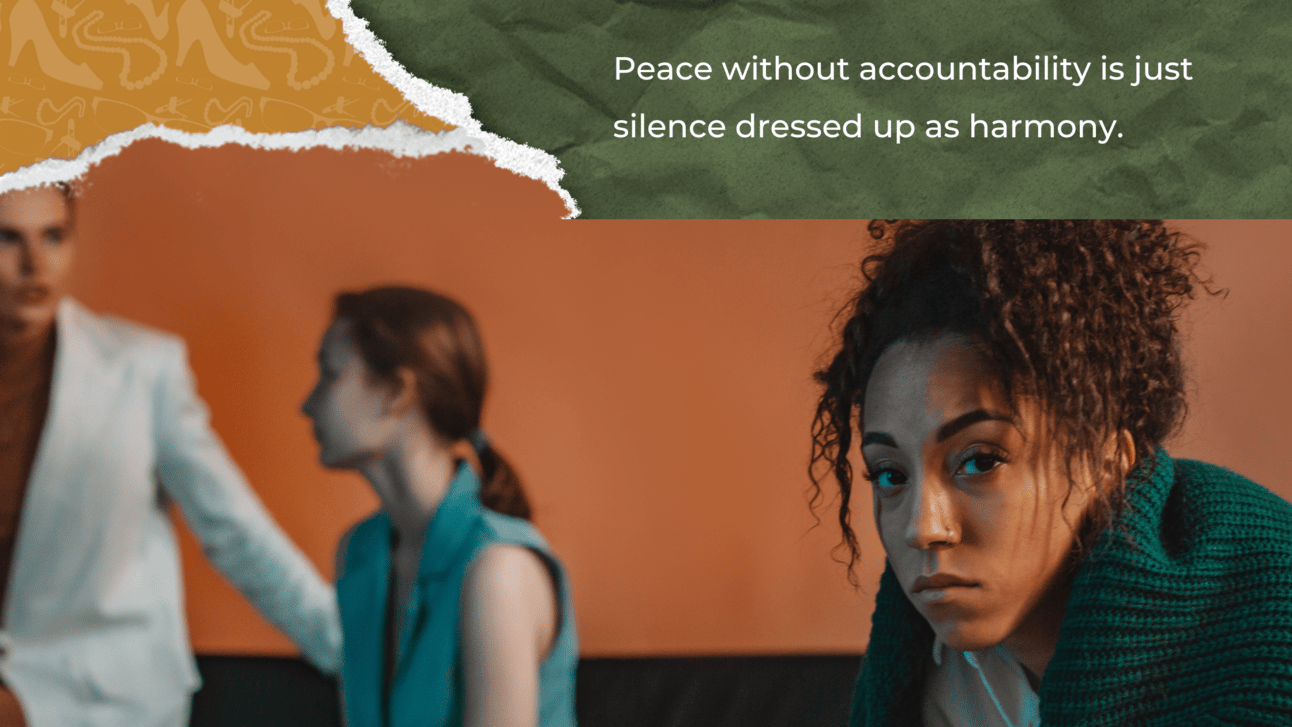
Well, here we are again. Another election, another moment when white women took to the polls and voted overwhelmingly to preserve the status quo—and by that, we mean Donald Trump (again?!). Despite every warning, every painstakingly patient conversation, and every opportunity for allyship, a majority of white women have shown, yet again, where their loyalties lie. Black women, on the other hand, did what we always do: showed up, showed out, and tried to save the world. But now, the election’s over, and the workplace, the PTA meetings, the yoga studios, and all those shared spaces we navigate daily are about to get…complicated.
So, how do Black women move forward in these spaces? How do we reconcile being side-eyed at the polls with needing to co-exist in everyday life? Let’s break it down. Read More:
Lessons from Shirley Chisholm to Kamala Harris: The Evolution of Black Women’s Political Power
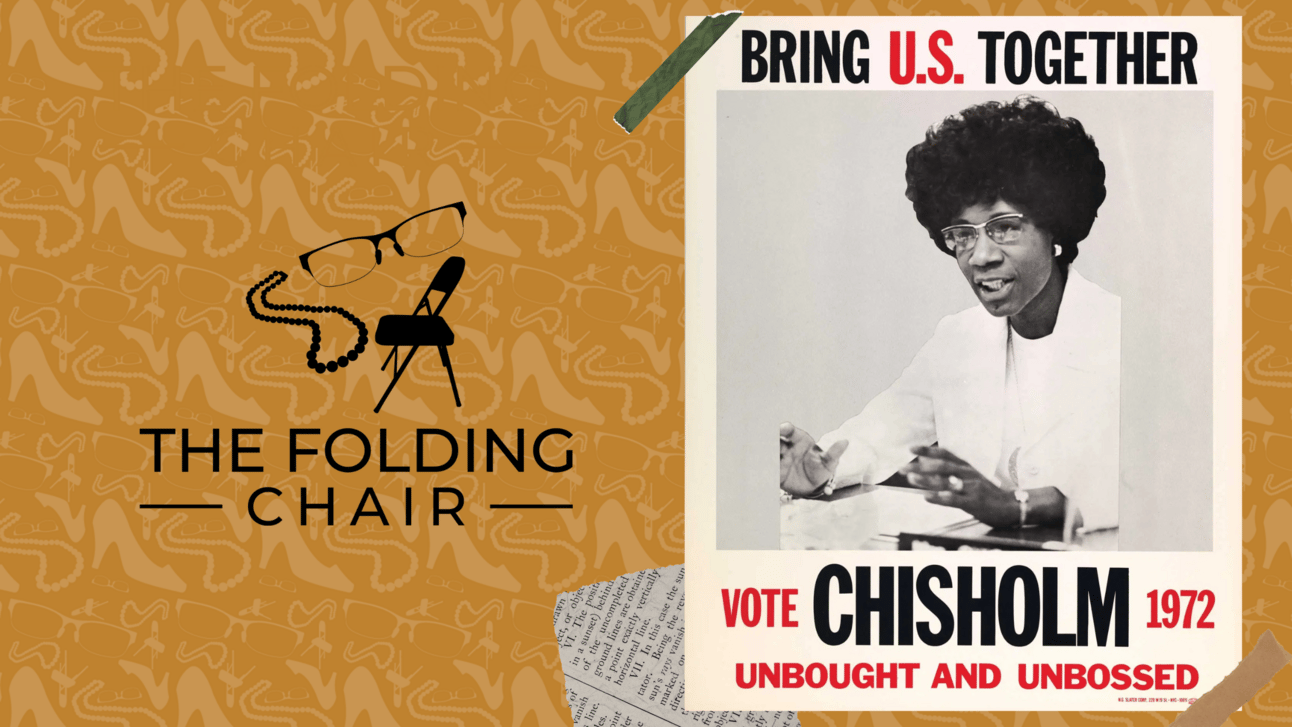
From Shirley Chisholm’s historic run for the presidency in 1972 to Kamala Harris’s recent tenure as the first Black woman Vice President, Black women’s political power in the United States has been a remarkable journey of resilience, vision, and trailblazing. The paths taken by Chisholm, Harris, and countless other Black women have left an indelible legacy that continues to inspire future generations of leaders. However this journey is not without its challenges, as it also highlights the persistent barriers and biases that black women face in the political arena.
By examining the evolution of Black women’s political power, gain valuable insights into lessons learned, the milestones achieved, and the unfinished work ahead. Here are some key insights from this extraordinary journey.
Reimagining a Kamala Harris Presidency: A Black Woman’s Perspective on Transformative Policies
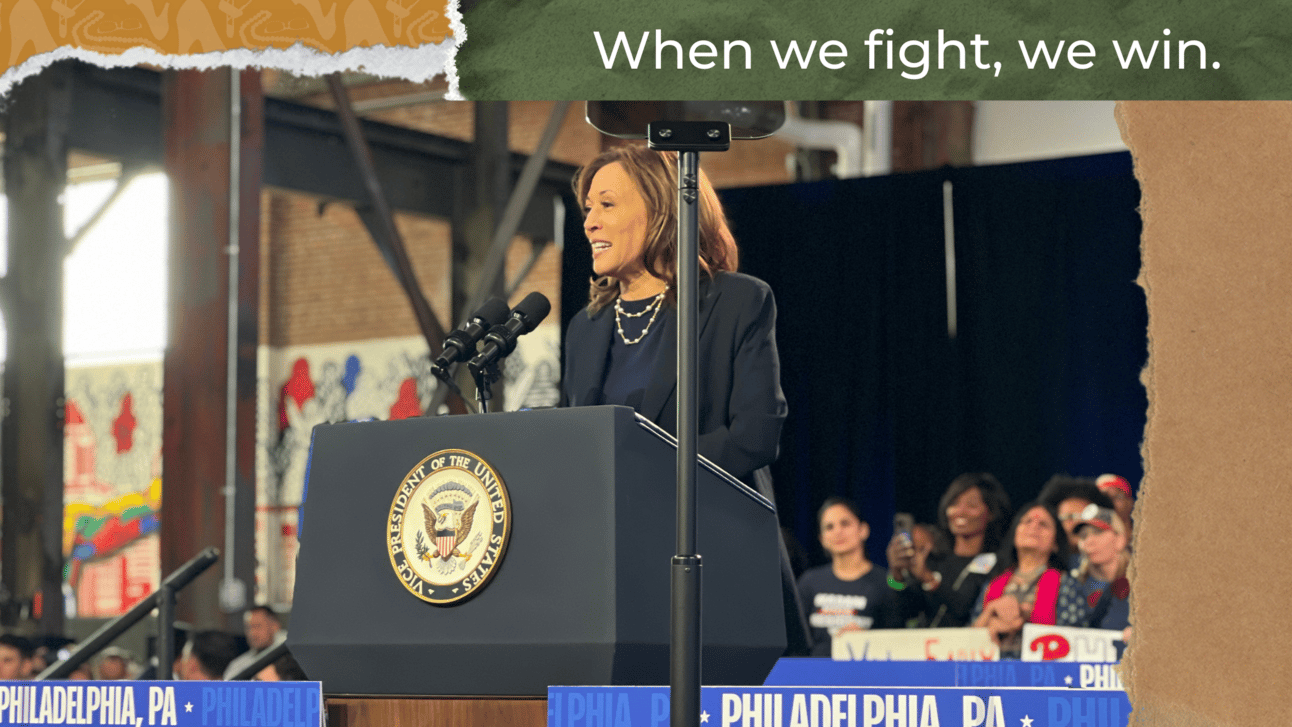
Imagine this: a Black woman sitting at the helm of the most powerful nation in the world. Vice President Kamala Harris, the daughter of Jamaican and Indian immigrants, ran on a platform that not only acknowledged the pain and struggles of marginalized communities but also dared to dream of a better future—one rooted in justice, equity, and opportunity. Her proposed agenda was ambitious and unapologetic, designed to tackle America’s systemic inequities head-on. Though her path to the presidency hasn’t yet come to fruition, reflecting on her policy proposals allows us to envision what her leadership might have meant for this nation—especially for Black women, Black families, and communities that have historically been left out of America’s promise.
Let’s take a journey through the vision of a Kamala Harris presidency and unpack how her transformative policies could have reshaped our lives.

Pull Up a Chair, It’s Time to Build the Future
Here at The Folding Chair, we’re about action—not just talk. We’re not just bringing our seats—we’re building a whole new table. But we can’t do it alone. We need you. Yes, you.
If you’ve been nodding along while reading our articles, if your heart is stirred by the truths we speak, or if you’re fired up and ready to make a difference, here’s your chance to take action. This is bigger than just reading or reposting—it’s about becoming an active part of the change we all deserve.
We want to hear from you—your ideas, your feedback, and your voice. If you are a Black woman involved in politics, an ally, or someone interested in the issues that matter to our community, this is a place where you belong. Each issue is created with our readers in mind, and we are committed to creating a space that serves you.
Whether you are an elected official, activist, or someone looking to learn more, we invite you to take a seat with us. Together, we will continue the legacy of those who came before us, and set the stage for those who will come after.
Here’s How You Can Get Involved:
1. Subscribe and Engage with The Folding Chair
Stay connected with us by subscribing to our newsletter, following us on social media, and engaging with our content. Share your stories, your victories, and your frustrations. This isn’t just a publication—it’s a movement, and movements thrive when we’re all in it together.
2. Join the Conversation (and Share It!)
Your voice matters. Whether it’s discussing our articles with friends, family, or in your group chats, or sharing our content with your community, spreading awareness is the first step toward action. Don’t just read—talk about it, engage with it, and spark the conversations that make people uncomfortable enough to grow.
3. Support Black Voices and Black Communities
One of the most powerful ways to make an impact is by putting your time, energy, and resources into Black-led initiatives, businesses, and organizations. From local grassroots movements to national advocacy groups, there are countless ways to ensure your dollars and energy are supporting equity and justice.
4. Hold Others Accountable
Allyship isn’t passive—it’s active. For our white and non-Black readers, this means checking your privilege, challenging your circles, and calling out performative gestures when you see them. Take our words as a guide, and then do something about it. For our Black readers, know that you are not alone, and we are here to amplify your voice and support your fight.
5. Take Political Action
From local elections to national movements, Black women have always been at the forefront of political change. Keep showing up at the polls, organizing in your communities, and advocating for policies that center equity and justice. And if the system tries to shut you out? Build your own pathways, because that’s what we’ve always done.
New to this publication? Subscribe below 👇👇